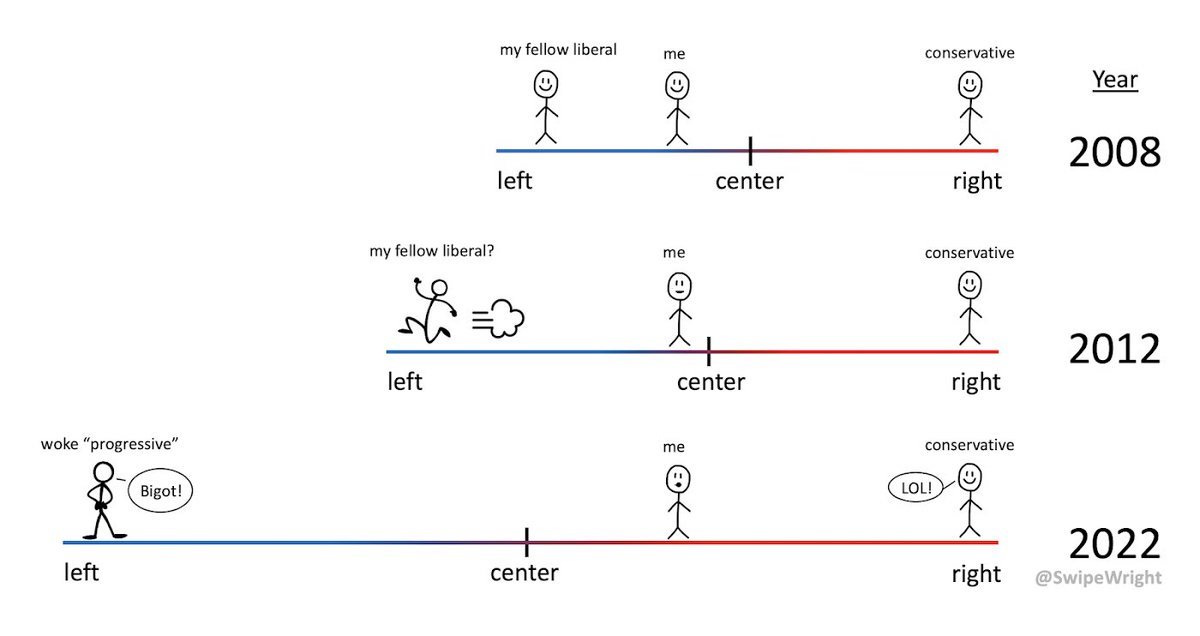The Jerry Springer Debating Society
We Need to Talk About the IDW
It has been about five years since the rise of the so-called “Intellectual Dark Web” or IDW, memorably described by Bari Weiss in a 2018 New York Times article as “an alliance of heretics…making an end run around the mainstream conversation.” The term had been coined a little earlier by Eric Weinstein—the brother of Bret Weinstein and the managing director of Thiel Capital—and then popularized by Weiss.
The description was always a bit overdramatic. The actual “dark web” is an encrypted and hard-to-access collection of websites used for criminal activity, especially online black markets selling stolen or contraband goods. The IDW, by contrast, was out in the bright sunlight of the regular old web. But you could think of it as a marketplace for contraband ideas, particularly those considered disreputable by the “woke” standards that had grown increasingly puritanical in academia and in the media by the late 2010s.
One of the key premises of the Intellectual Dark Web, at least as presented by Weiss, is that its denizens only seemed radical compared to the increasing irrationality of the woke left. I’ve examined elsewhere the cartoon that summed this up.
So the intellectuals of the IDW were simply critical thinkers who had been reluctantly turned into heretics for expressing views that were considered sensible and mainstream just a few years earlier. They were, in Weiss’s words, independent thinkers who were “determined to resist parroting what’s politically convenient.”
But something curious has happened to these “critical thinkers.” Rather than shoring up the standards of rigorous thought, they have increasingly succumbed to a series of crackpot conspiracy theories. And rather than resisting a party line, they have become surprisingly uniform in chasing after the latest fashions of the loony right.



